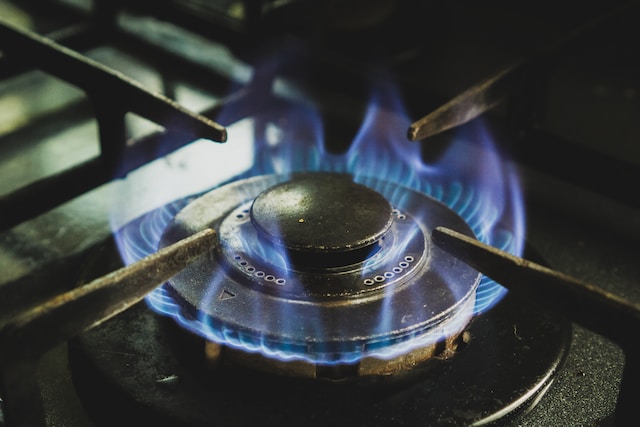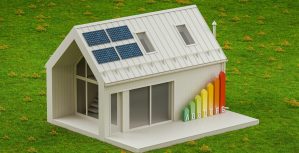How Does Winter Weather Affect My Boiler?
As winter approaches, the reliance on heating systems, particularly boilers, becomes increasingly essential for comfort and warmth. In the United Kingdom, for instance, heating systems are responsible for nearly 55% of household energy consumption, according to data from the UK government.
However, the performance of boilers can be significantly impacted by cold winter weather. In this article, we will explore how winter weather affects your boiler and what you can do to ensure it runs smoothly during the colder months.
1. Freezing Condensate Pipes
One common issue that arises during winter is the freezing of condensate pipes connected to modern condensing boilers. These pipes transport acidic wastewater produced during the combustion process to the outside. When temperatures drop, the water inside these pipes can freeze, causing blockages and potential damage to the boiler.
To prevent freezing, it’s advisable to insulate condensate pipes with appropriate materials. Pipe insulation is readily available at hardware stores and can provide effective protection against freezing. Additionally, setting the boiler’s thermostat to a constant, low temperature can help keep the condensate pipe from freezing.
2. Reduced Efficiency
Cold weather can lead to reduced boiler efficiency. Boilers must work harder to maintain the desired indoor temperature when the outside temperature is significantly lower. This increased workload can result in higher energy consumption and utility bills.
To mitigate this issue, consider having your boiler serviced before winter to ensure it’s running at peak efficiency. Routine maintenance, including cleaning and inspecting components, can help your boiler operate more efficiently during the colder months. A well-maintained boiler not only runs more efficiently but also saves you money on heating costs.
3. Boiler Overload
During extreme cold snaps, boilers may experience overload due to the constant demand for heating. An overloaded boiler can result in breakdowns, reduced lifespan, and increased repair costs. To avoid overloading your boiler, set a comfortable but not excessively high indoor temperature.
Using additional heating sources like space heaters sparingly can also help distribute the workload more evenly. If you have a programmable thermostat, schedule heating cycles to align with your daily routine. Lowering the temperature when you’re away from home and raising it when you’re back can prevent excessive strain on the boiler.
4. Boiler Cycling
Winter weather can lead to boiler cycling, where the boiler frequently turns on and off to maintain the desired temperature. This cycling not only reduces efficiency but also places additional stress on the boiler’s components.
To address this issue, consider using a programmable thermostat to maintain a consistent indoor temperature, reducing the need for frequent cycling.
Additionally, make sure your home is well-insulated to minimise heat loss, which can contribute to cycling. Inspect windows and doors for drafts, and consider adding weather stripping or sealant to prevent heat from escaping. Adequate insulation in your attic and walls can further help maintain a stable indoor temperature, reducing the strain on your boiler.
5. Frozen External Pipes
Boilers that have external pipework can be vulnerable to freezing in extremely cold weather. Frozen pipes can disrupt the flow of water to and from the boiler, resulting in heating problems.
To protect external pipes, consider insulating them or using heat tape to prevent freezing. Regularly check for signs of freezing, such as ice formation or reduced water flow, and address the issue promptly to avoid damage.
As winter weather sets in, it’s essential to be aware of how it can affect your boiler’s performance. By taking proactive measures detailed in this article and being mindful of your boiler’s performance, you can keep your home warm and comfortable throughout the winter while minimising energy consumption and potential repair costs.
Remember that a well-maintained boiler is not only efficient but also reliable, ensuring your comfort and peace of mind during the chilly season. With the right precautions, you can navigate the winter months with a smoothly operating and efficient boiler, providing warmth and comfort to your home.
Share It on :





